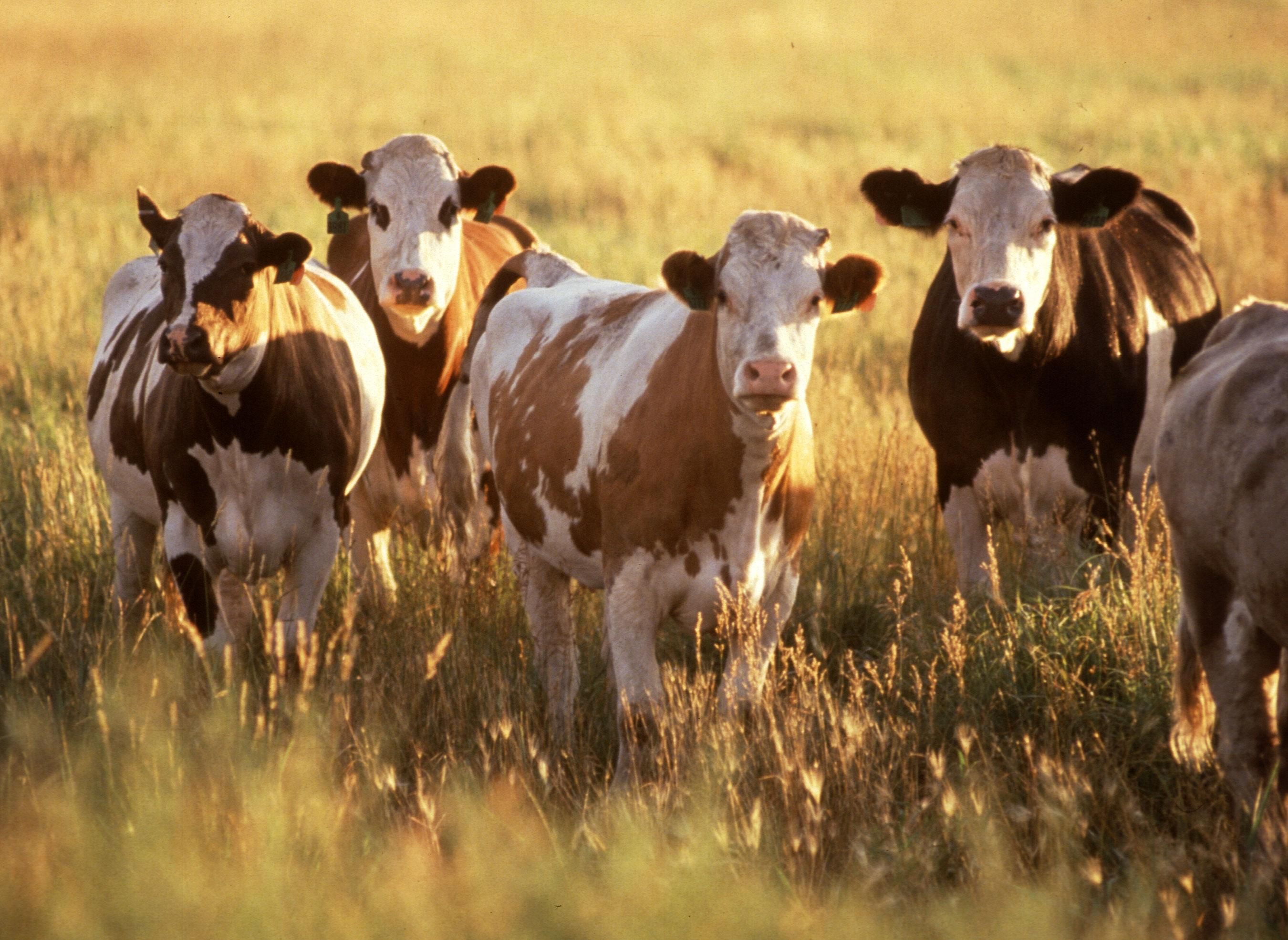
How Far Will Chipotle Go to Source Grass-Fed Organic Beef?
Western consumers have grown incredibly health-conscious lately, prompting many supermarkets and restaurants to offer customers beef products from grass-fed cows.
What's wrong with corn-fed? The basic explanation is that cattle can't properly digest grain, despite that many large food companies use it to feed their livestock. Although grass-fed beef is better for consumer health, enterprise procurement processes officers are wondering if it's better for them.
September 11, 2015 | Source: Green Biz | by Strategic Sourceror
Western consumers have grown incredibly health-conscious lately, prompting many supermarkets and restaurants to offer customers beef products from grass-fed cows.
What’s wrong with corn-fed? The basic explanation is that cattle can’t properly digest grain, despite that many large food companies use it to feed their livestock. Although grass-fed beef is better for consumer health, enterprise procurement processes officers are wondering if it’s better for them.
A meager supply
Food Renegade acknowledged restaurant chain Chipotle’s commitment to sourcing 100 percent of its beef from grass-fed cows, most of which are raised in Australia. The organization’s reasoning behind this decision is that not enough farmers based in the U.S. follow a truly organic protocol.
Although farmers raising grass-fed cattle are all over the U.S., Chipotle asserts too many of them use hormones and antibiotics. Therefore, sourcing from businesses raising livestock in such a manner prevents the brand from honestly labeling itself as a user of organic meat.
In contrast, Australian-raised cows spend their entire lives in pastures, eating grass or forages such as hay, the source noted. Procurement services and other organizations have discovered other Australian practices surpass standards outlined by the American Grassfed Association, further solidifying the reasoning behind Chipotle’s decision.
